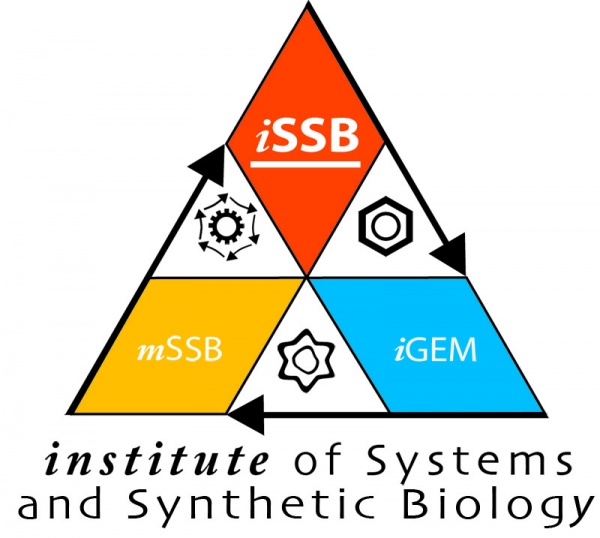Team:Evry/LogisticFunctions
From 2013.igem.org
(Difference between revisions)
| Line 11: | Line 11: | ||
<p><img src="http://upload.wikimedia.org/math/b/e/3/be3fb0b303c46c4d582104ed4ef42636.png"/></p> | <p><img src="http://upload.wikimedia.org/math/b/e/3/be3fb0b303c46c4d582104ed4ef42636.png"/></p> | ||
<p>These functions looked perfect, but we needed more control : we needed to set a starting value and a precision. The addition of the parameters d and p allowed us to directly control these crucial informations. </p> | <p>These functions looked perfect, but we needed more control : we needed to set a starting value and a precision. The addition of the parameters d and p allowed us to directly control these crucial informations. </p> | ||
| - | <p> | + | <p><img src="https://static.igem.org/mediawiki/2013/8/83/FonctionLogistique.png"/></p> |
| - | </p> | + | |
<div id="citation_box"> | <div id="citation_box"> | ||
Revision as of 12:58, 21 August 2013
Logistic functions :
When we started to model biological behaviors, we realised very soon that we were going to need a function that simulates a non-exponential evolution, that would include a simple speed control and a maximum value.
Such functions, named logistic functions were introduced around 1840 by M. Verhulst.

These functions looked perfect, but we needed more control : we needed to set a starting value and a precision. The addition of the parameters d and p allowed us to directly control these crucial informations.

References:
 "
"













